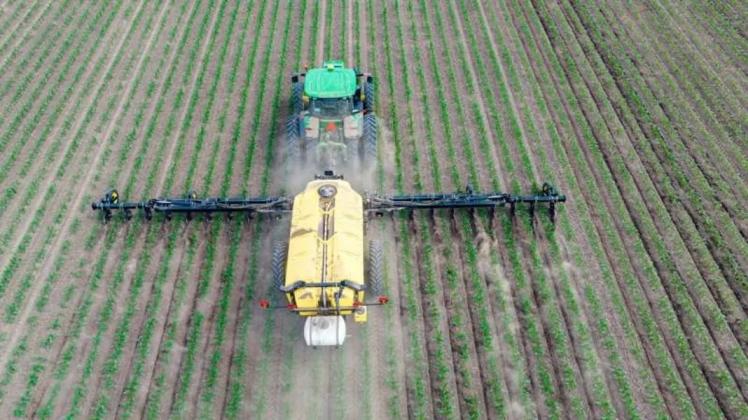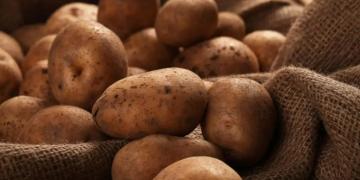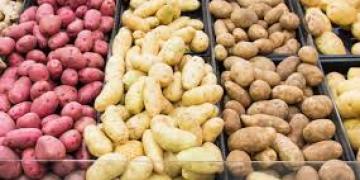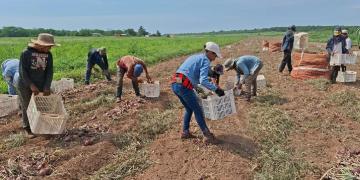Información Técnica: Smart phosphorus use could boost food production and protect vital reserves, study finds
A recent study by scientists at Lincoln Science Centre in New Zealand and Lancaster University in the UK has found that more efficient phosphorus use could significantly extend global supplies of this vital nutrient.

The study suggests that phosphorus reserves could last for much longer if used more effectively.
The findings of the study are outlined in the paper ‘Phosphorus applications adjusted to optimal crop yields can help sustain global phosphorus reserves’ published by the journal Nature Food.
Phosphorus waste
Phosphorus is a critical element for plant growth, and it is essential for food production. However, phosphorus is a finite resource, and concerns have been raised about the depletion of global phosphorus reserves.
The study found that a significant amount of phosphorus is currently wasted in agriculture. For example, phosphorus fertilizer is often over-applied to crops, which leads to runoff and pollution. The study also found that some areas of the world suffer from phosphorus deficiency, which limits crop yields.
Professor Phil Haygarth of Lancaster University and co-author of the paper said: “Phosphorus is an essential fertiliser that drives food production on farms around the world. It’s the ‘energy’ of agriculture that drives our food systems, but we need to manage our supplies carefully.
“We need to seek ways to be more efficient and sustainable with its use and our study shows that there’s considerable potential to improve the efficiency of how we use phosphorus fertilisers. We show it’s possible to optimise global food production without accelerating the depletion of precious and finite global phosphorus fertiliser reserves.”
Strategies for improving phosphorus use
The researchers behind the study recommend a number of strategies for improving phosphorus use efficiency. These strategies include:
Applying phosphorus fertilizer only to the crops and soils that need it
Developing new fertilizer formulations that are more efficient
Improving recycling of phosphorus from wastewater
The study’s findings suggest that by adopting these practices, it is possible to both extend the lifespan of global phosphorus reserves and boost food production. This is essential for ensuring food security in a world with a growing population.
The article also details the potential for waste reduction. Studies have shown that around 10,556 kt of phosphorus is wasted each year through over-application. If phosphorus is applied more efficiently, it could last for up to 531 years, 77 years longer than if current practices are continued. This would allow for more phosphorus to be available for use in areas that are currently deficient.
In conclusion, this study highlights the importance of phosphorus use efficiency in agriculture. By adopting better practices, we can ensure that this vital nutrient is available for future generations and boost global food production.
Source: Lancaster University. Read the original news story here
Photo: Credit Unsplash/CC0 Public Domain
Fuente: https://www.potatonewstoday.com/2024/03/26/smart-phosphorus-use-could-boost-food-production-and-protect-vital-reserves-study-finds/




